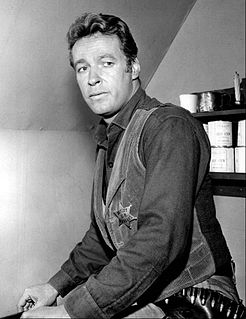A Quote by Chris Carter
My brother is a scientist. He's a professor at MIT. He brought science fiction into my world.
Quote Topics
Related Quotes
Science fiction is a weird category, because it's the only area of fiction I can think of where the story is not of primary importance. Science fiction tends to be more about the science, or the invention of the fantasy world, or the political allegory. When I left science fiction, I said "They're more interested in planets, and I'm interested in people."
Science fiction [is] the kind of writing that prepares us for the necessary mutations brought about in society from an ever changing technological world and as a result. The mainstream hasn’t excluded SF; the mainstream has excluded itself. No one told Jules Verne he was a science fiction writer, but he invented the 20th century.
Literary science fiction is a very, very narrow band of the publishing business. I love science fiction in more of a pop-culture sense. And by the way, the line between science fiction and reality has blurred a lot in my life doing deep ocean expeditions and working on actual space projects and so on. So I tend to be more fascinated by the reality of the science-fiction world in which we live.
Science fiction is the most important literature in the history of the world, because it's the history of ideas, the history of our civilization birthing itself. ...Science fiction is central to everything we've ever done, and people who make fun of science fiction writers don't know what they're talking about.



































